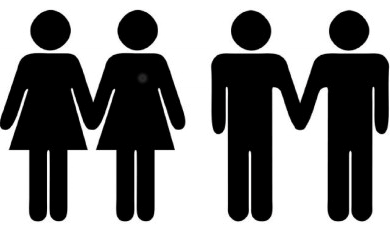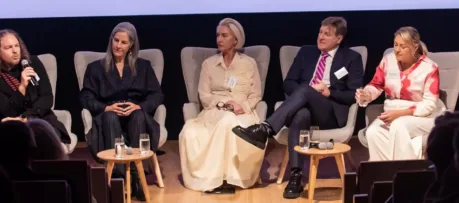Introduction
On 7 September 2017, it was confirmed that a postal vote on same-sex marriage would go ahead this year after the High Court dismissed a challenge against it. On 12 September 2017, ballots with the question, “Should the law be changed to allow same-sex couples to marry?” were sent to households across the nation.
On 15 November 2017, national results of the postal survey showed the majority believed that the law should be changed to allow same-sex couples to marry, with 7,817,247 people (61.6% of all respondents) voting “yes”. Prime Minister Malcolm Turnbull, says he expects the result of the postal survey will lead to making same-sex marriage legal.
The current law as contained in the Marriage Act 1961 defines marriage to be “the union of a man and a woman to the exclusion of all others, voluntarily entered into for life.” According to the draft Bill circulated to all federal Liberal MPs in early August when they met to agree on the postal vote, the Marriage Act will remove the restrictions that limit marriage in Australia to the union of a man and a woman, and replace “a man and a woman” with “two people”. That is, the law will allow two people the freedom to marry in Australia, regardless of their sex or gender. The requirements for a legally valid marriage as contained in the draft Bill otherwise remain the same under the Marriage Act.
So what legal benefits will same-sex couples gain once the Bill for marriage equality is passed?
1. Less hurdles in applying for a family law settlement
The Family Law Act 1975 currently recognises that a de facto relationship can include same-sex couples. However, people who are in a de facto relationship are only eligible to apply for a property settlement following the breakdown of their relationship if they can prove they meet certain eligibility requirements, and were together on a ‘genuine domestic basis’. In other words, a person’s entitlement to ask a Court for a property settlement depends upon whether the Court will recognise the existence of the de facto relationship. You can read more about de facto relationships here.
Particularly in cases where one person in the relationship does not wish to have a family law property settlement with their ex-partner, the other person carries the burden of having to prove that the couple meets the eligibility requirements. Once proven, both same-sex couples and de facto couples can apply to the Family Court or Federal Circuit Court to seek a property settlement.
Married couples have the same right to apply for a property settlement however they do not have to ‘prove’ their relationship and commitment to each other. Accordingly, if marriage equality in Australia is passed, same-sex couples who choose to marry will no longer be required to prove they meet eligibility requirements to apply for a property settlement.
2. Same-sex couples who were married overseas will be able to divorce in Australia
To apply for a divorce in Australia, married couples are required to satisfy the Court that the couple have been separated for at least 12 months, and there is no reasonable likelihood of resuming married life.
As the law currently stands, same-sex couples who marry overseas, return to Australia, and then separate, are unable to get divorced in Australia. Why? There needs to be a valid marriage before you can get divorced under Australian law – Australia cannot currently recognise the overseas marriage, so it follows that the couple cannot dissolve that marriage.
For that reason, legalising same-sex marriage will allow already married same-sex couples to divorce following 12 months’ separation; as heterosexual married couples are currently able to.
3. Automatic inheritance rights
Marriage equality will allow same-sex couples to have the benefit of rights to their partner’s estate and superannuation in the event of the death of their partner. When a person dies leaving no Will, the surviving spouse must prove the existence of the relationship by, in the case of married couples, producing their Marriage Certificate. However, the surviving partner in a de facto relationship needs to prove the nature and existence of their relationship before they can claim rights to their deceased partner’s estate. This can be problematic for de facto couples; particularly where the direct family members of the deceased may not be accepting of the relationship, and try to deny the surviving partner of their rights.
We take great care in advising you as to the particular circumstances of your case, in light of the current law, as well as potential changes in the law in the future. Contact us to receive advice about your family law matter, or to make a new Will.
This blog was prepared and written by Rishika Pai, Solicitor.




